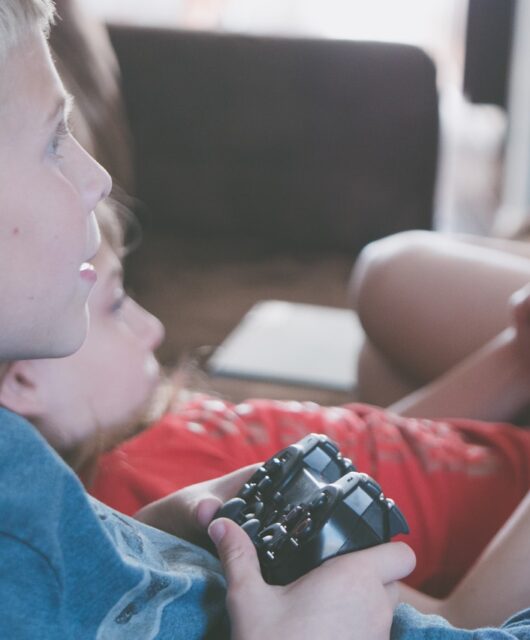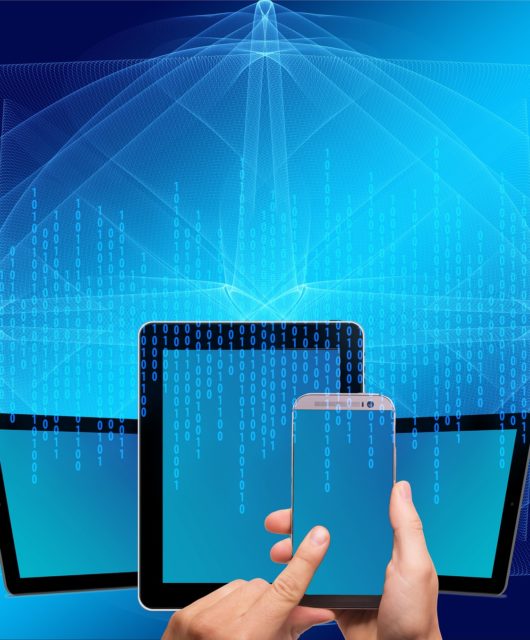All about 21st Century GPS Tracking
A lot of people know what a GPS (Global Positioning System) is, using them to find directions in new locations. GPS units like TomTom are now known the world over. Then, smartphones started to have GPS capabilities, which increased the opportunities this type of technology offered, including on our social lives. But the modern GPS tracking system is far more advanced than that!
![]()
The Modern GPS Tracking System
We all know how to use Google Maps if we are lost. Long before that, however, campers used GPS systems to set way points, which allowed them to find their way back either to their camp or to a location they wanted to revisit. Today, these units are used to track vehicles and individuals as well.
Fleet tracking is now one of the most popular ways of using a GPS system. It ensures that fleet owners always know where each of their vehicles are. This ensures businesses can keep track of work orders and deliveries, while at the same time being aware of the fact of where each employee is. This can be important for disciplinary procedures, insurance claims, and overall road safety.
But there is more! GPS trackers are also used when criminals are released back into society. They wear an ankle bracelet that is fitted with a GPS system so that their parole offices know exactly where they are at all times. This is often a condition of their early release and ensures the public is kept safe as well.
Next, children are now being tracked. Parents feel that the world is becoming less and less safe. Whether that is true or not is a point of hot debate. But what is definitely true is that parents don’t want to curtail their children’s need to explore and to have freedom. Hence, they use GPS trackers so that they always know where their children are. Some are listed as “amber alerts”, which were developed after a young girl, Amber, was kidnapped and murdered. These trackers not only have a GPS system included, they also have a panic button and can send alerts to parents if children go outside of certain geographical areas. Some manufacturers are even looking at whether placing microchips under the skin could be a next way forward.
Unsurprisingly, while most people agree that GPS tracking is a good thing, some people also worry that the technology is going too far. Having chips placed under the skin is slightly too much like Big Brother and don’t like the idea of individuals being monitored for life by potentially anybody. One the other hand, knowing where someone is at all times can also increase protection and security and perhaps even reduce crime. It may be less attractive, at the very least, for unsavory characters to kidnap someone. This is a discussion that is likely to continue for a very long time yet, with the debate between protection and privacy being one that is held on virtually every level of society.









